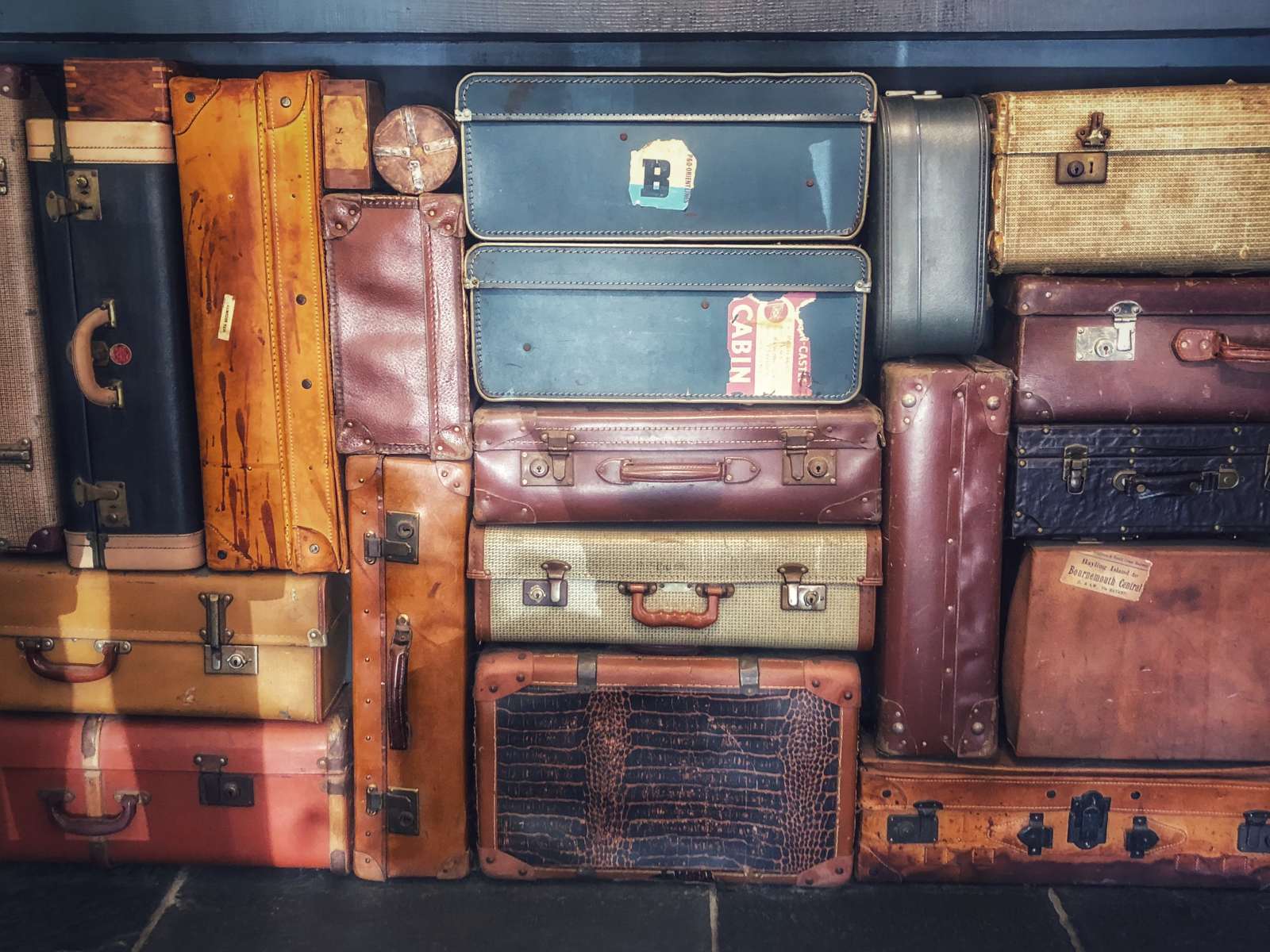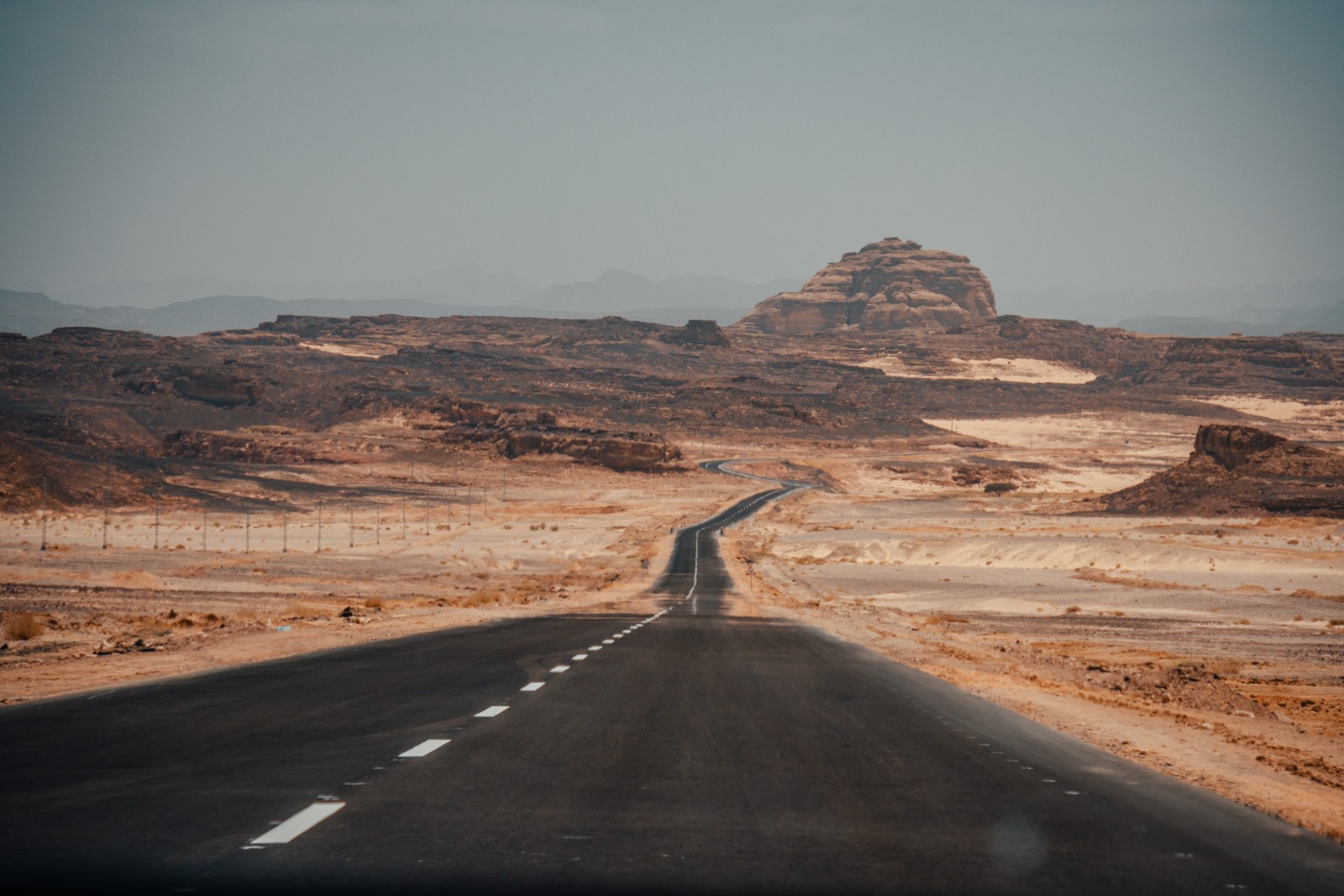Best places to holiday in Egypt: If we’ve managed to convince you that a staycation is the way to go for your next trip, all that’s left to do is choose your destination. The good news is there’s no shortage of options: Whether you’re the book-on-the-beach type, a desert trekker, a would-be archaeologist, or a city-breaker, you’ll have little trouble finding the perfect local destination. Here are just a few of our favorites.
Seek out Greco-Roman monuments and the Mediterranean sea breeze in Alexandria: Egypt’s second city has long been a mainstay of summer vacations for Cairenes looking to escape the summer heat. Alexandria is a triple treat: culture, coastline, and cuisine. Check out the galleries on the ground floor of the Bibliotheca Alexandrina, where you’ll find antiquities, modern art and rare books. The winding Greco-Roman catacombs of Kom el-Shuqqafa have way more to offer than you’d guess from the humble entryway (hint: they’re bigger on the inside) and should not be missed. Food in Alex means fish. You’ll get no shortage of restaurant recommendations if you ask around, but we always come back to the classic and super affordable Asmak Shaaban. If you’re looking for a little more adventure, you can don your diving kit and descend to Cleopatra’s underwater city.
Way out west in Siwa you can find esoteric healing practices and grand views: The oasis town of Siwa boasts tons of ancient tombs, temples and baths — and it's also where you’ll find some interesting present day healing practices still in use and an endless sea of of sand on the horizon. Sand baths —- where people are buried whole in the scorching hot summer near Dakrour Mountain — are used to help treat joint pain, rheumatism, infertility or impotence. Siwa’s salt lakes, which are so salty that you practically float on top of the water, are also believed to contain some sort of healing quality. Disclaimer: We can’t recommend spending more than 10 minutes at a time in the lakes or dunking your head in, unless you care to experience the corrosive powers of sodium first hand.
If spending all day lounging by the beach sounds like the ideal break to you, check out Nuweiba: Halfway between Dahab and Taba the down-tempo beaches of Nuweiba is where you can dig your toes in the sand and completely tune out the city as you stare out at the calm Red Sea water and the hazy Saudi Arabian mountain range in the distance. What makes Nuweiba’s beaches particularly special are all the camp style accommodations in Ras Shitan that sit directly on the coast and offer you immediate access to its temperate waters almost year round. Grab a book or stretch out with some yoga under a bamboo canopy to get deeper into the mood. Alternatively, If you’re looking for a little more action there are tons of hikes and desert excursions–- like Colored Canyon and Wadi Wishwashi — in close proximity that you can embark on with the help of local bedouin guides.
For the ancient history buffs, Luxor tops the list: The site where Luxor now stands was once the ancient city of Thebes, home to some of the most spectacular temples and monuments in Egypt. Often referred to as the world’s greatest open-air museum, Luxor’s ancient architecture draws scores of international tourists every year. First-time visitors should head straight to the Karnak Temple on the city’s east bank, which bears the architectural marks of successive dynasties and empires stretching back some 4k years. From there, hop over to the pharaonic tombs at the Valley of the Kings on the other side of the Nile.
Novelties in an ancient city: Luxor’s Avenue of the Sphinxes (also known as The Road of the Rams) was opened late last year following the completion of a decades-long renovation project. And pharaonic gems aren’t all the city has to offer: Venture a couple kilometers out of Luxor to visit famed Egyptian architect Hassan Fathy’s New Gourna village.
Aswan combines history and culture in a more laid back environment: A little over 200 km south of Luxor is the quieter city of Aswan, where you can explore the history at your own pace, soak in the beauty of the Nile, and learn more about the communities that live on its banks. Among Aswan’s most impressive ancient sites is the Philae Temple, which was relocated to higher ground on Agilika Island in the seventies after rising Nile waters due to the newly-built Aswan Dam threatened to submerge it. The ancient trading town of Elephantine Island — now home to several Nubian villages — is home to the Aswan Museum and boasts plenty of affordable tourist accommodation. Also worth checking out is the lush Aswan Botanical Garden on Nabatat Island, which houses hundreds of rare plant species and 25 different kinds of palm trees.




